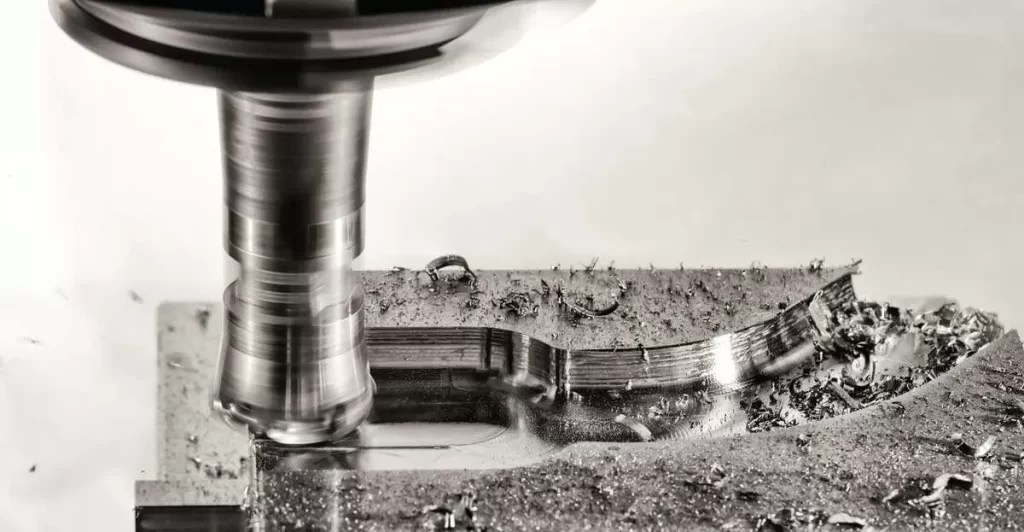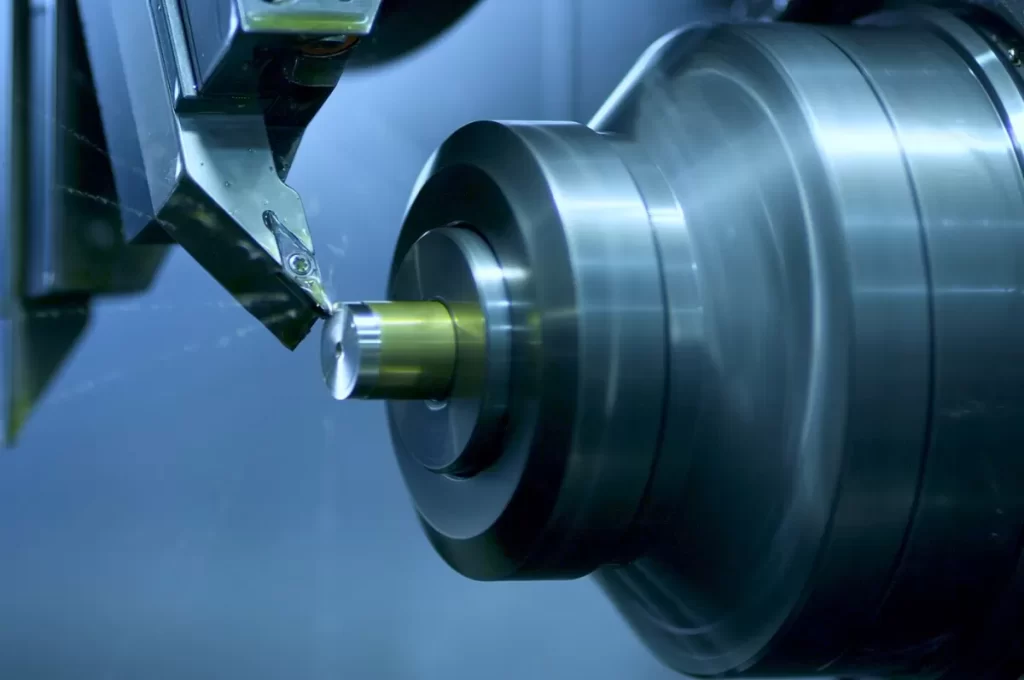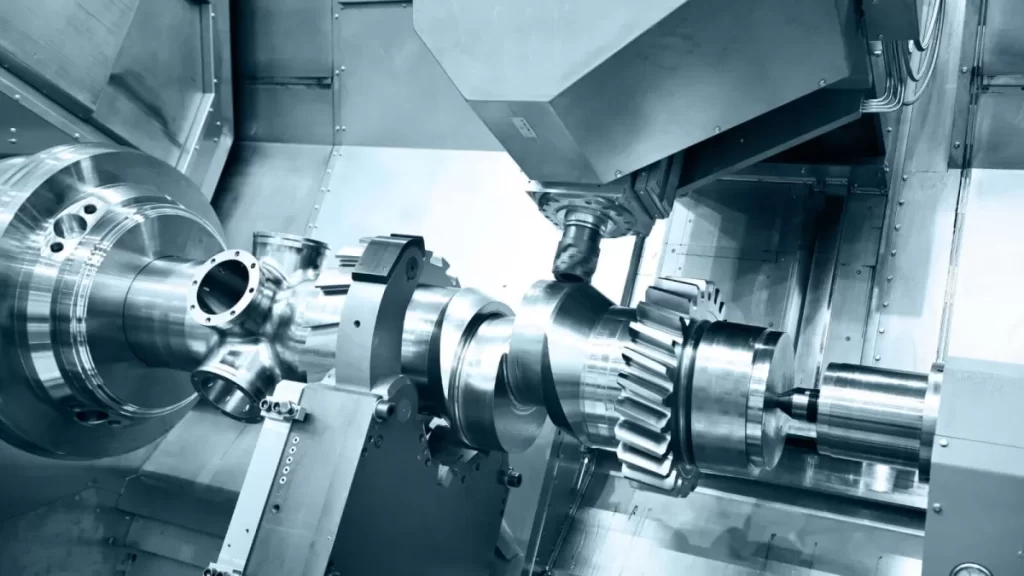What is Metal Fabrication Technology
If you’ve ever wondered how raw metal turns into the parts and products we use every day, metal fabrication technology is the answer. Simply put, metal fabrication technology is the process of shaping and assembling raw metal into functional components and structures. This involves cutting, bending, and joining metal pieces to create everything from small custom parts to large industrial structures.
The history of metal fabrication goes way back to ancient times, when blacksmiths hammered and shaped metal by hand. Over centuries, this craft evolved dramatically. Today, the introduction of CNC (Computer Numerical Control) machining and automated tools allows for precise and efficient production of complex metal parts. This advancement has transformed fabrication from a purely manual trade into a high-tech industry.
It’s important to understand the difference between metal fabrication and other metalworking processes. While fabrication focuses on assembling metal parts through cutting, bending, and joining, processes like casting or forging involve melting or deforming metal in different ways. Fabrication is more about taking flat or raw metal and shaping it precisely to fit a design or function through multiple steps.
Understanding this foundation will help you see why modern metal fabrication technology is crucial for industries that demand accuracy, customization, and efficiency. If you want to dive deeper, we cover complex CNC parts and sheet metal techniques throughout our site.
Core Processes in Metal Fabrication Technology
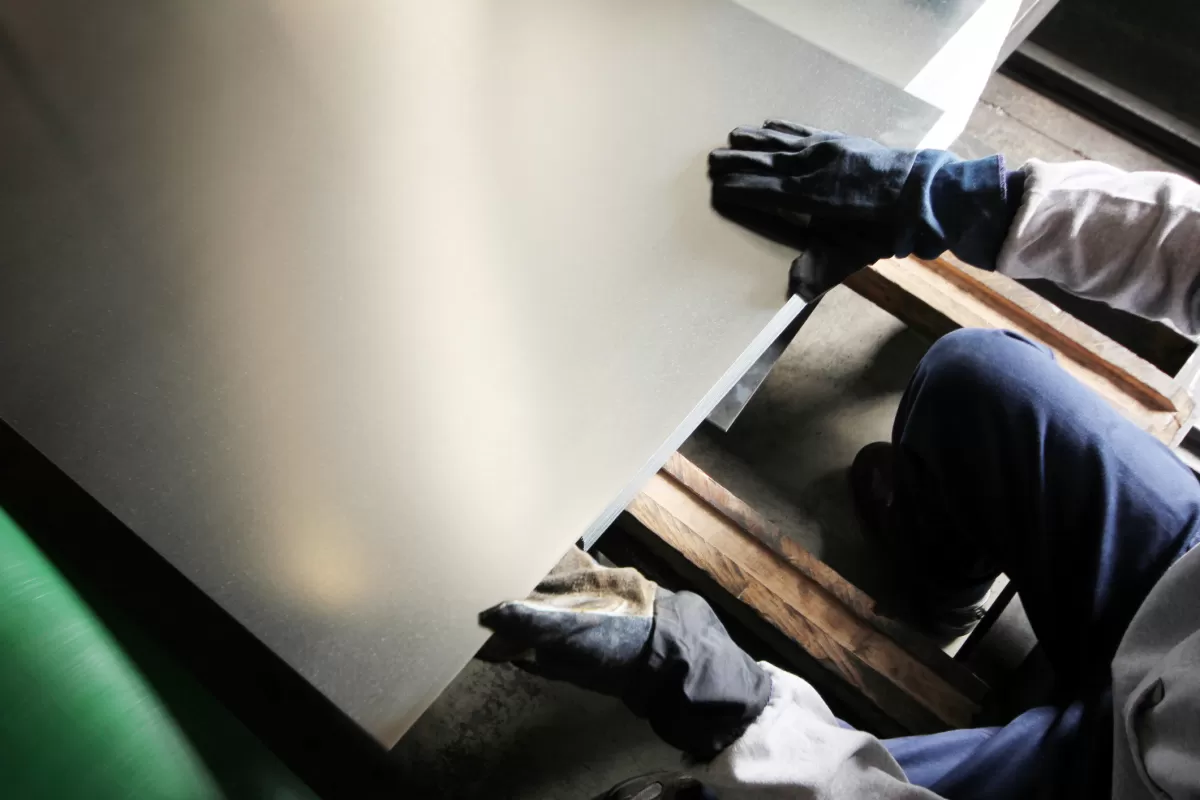
Metal fabrication relies on several core processes to transform raw metal into precise, functional parts. Here’s a quick rundown:
-
Cutting: This is where the metal is shaped by removing excess material. Common cutting methods include:
- Laser cutting for clean, sharp edges
- Waterjet cutting that uses high-pressure water for delicate materials
- Plasma cutting for thicker metals
- Shearing to quickly trim sheet metal
(Learn more about laser cutting in our laser cutting services article.)
-
Forming: Shaping metal without removing material. This includes bending with press brakes, stamping with dies, and rolling to curve or flatten metal sheets.
-
Joining: Assembling parts through welding (MIG, TIG, robotic welding), riveting, or bolting. These methods create strong bonds for durable builds.
-
Machining: Using CNC machining for high-precision cutting, milling, drilling, and turning. This step shapes metal components to exact specifications and tight tolerances.
-
Finishing: To improve both function and appearance, finishing steps like coating, polishing, and deburring are used. They prevent corrosion, smooth edges, and give parts a professional look. (For details on deburring, check out our post on metal burr.)
Each process plays a critical role in delivering the quality and precision needed in industrial metal fabrication and custom metal parts production.
Advanced Technologies in Metal Fabrication Technology
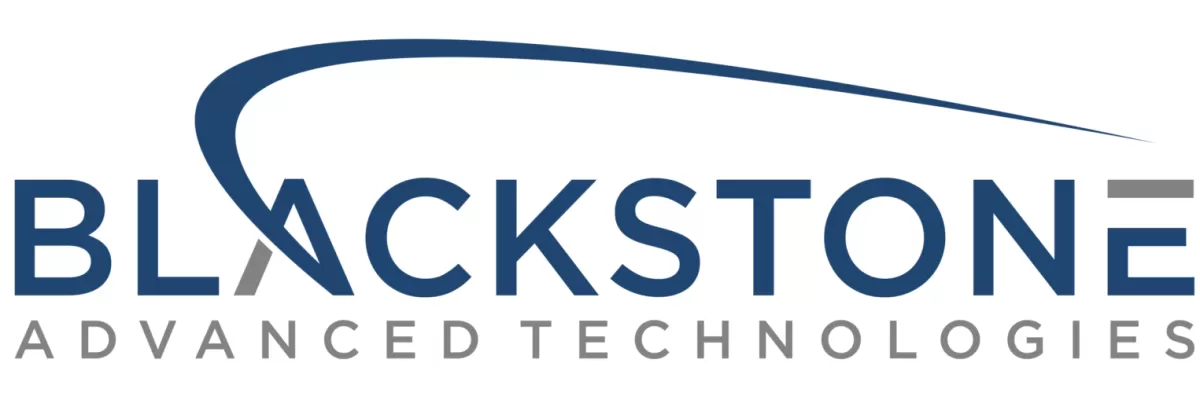
Metal fabrication today is driven by smart tech that boosts precision, speed, and quality. Here’s how advanced tools make a difference:
-
CNC Technology
Computer Numerical Control (CNC) lets us cut, shape, and machine metal parts with incredible accuracy. It reduces human error and speeds up production, making complex designs possible without sacrificing quality.
-
Automation and Robotics
Robotic welding and automated assembly lines improve consistency and safety on the shop floor. Plus, IoT sensors give real-time monitoring, spotting issues before they become costly mistakes.
-
3D Printing and Additive Manufacturing
These newer methods allow building complex metal parts layer by layer. It’s perfect for intricate shapes and reduces material waste compared to traditional methods.
-
CAD CAM Software
Computer-Aided Design (CAD) and Computer-Aided Manufacturing (CAM) software streamline the whole fabrication process. They make sure designs are precise and ready for production, cutting down delays and errors.
At HYCNC, we combine CNC machining and automation to deliver precise, reliable metal parts quickly. Our expertise allows us to handle custom jobs efficiently while maintaining top-notch quality for customers across the US.
Applications of Metal Fabrication Technology
Metal fabrication technology plays a big role across many industries in the U.S. It’s essential in aerospace for building aircraft parts that demand high precision and strength. The automotive sector relies heavily on fabricating chassis parts and other components that must be both durable and lightweight. In construction, metal fabrication creates structural beams and frameworks that hold up buildings and bridges. Electronics companies use metal enclosures to protect sensitive equipment, ensuring safety and functionality.
You’ll also find metal fabrication in everyday products like cookware, tools, and even medical equipment, where precise shaping and durability are a must.
At HYCNC, we specialize in custom CNC metal fabrication tailored to your industry’s specific needs. Whether it’s precision metal machining for aerospace or industrial metal fabrication for construction, we deliver parts designed to exact specifications, with fast turnaround and reliable quality. Our CNC machining and laser cutting services help clients across sectors get the perfect fit for their projects every time.
Benefits of Modern Metal Fabrication Technology
Modern metal fabrication technology brings a host of advantages that make it a game-changer for many industries. Here’s why it matters:
Precision and Accuracy
With CNC metal fabrication and advanced machining tools, complex designs are created with exact measurements every time. This level of precision is key for industries like aerospace and automotive, where even a tiny error can cause big problems.
Cost Efficiency
Automation and robotics reduce manual labor and minimize material waste. Cutting-edge processes like laser cutting services and CNC machining help save money by speeding up production and lowering scrap rates.
Durability and Customization
Modern fabrication lets you choose the best metals and finishes for your project, enhancing durability and performance. Plus, you can customize parts easily to fit unique needs—even for low-volume or one-off jobs.
Enhanced Safety and Environmental Sustainability
By using cleaner processes, reducing waste, and implementing safer robotic welding technology, fabrication today is much safer for workers and better for the environment.
At HYCNC, our CNC solutions are designed to maximize these benefits. We combine precision machining, automated workflows, and quality control to deliver parts that meet tough standards, on time and on budget. This means better products and smoother projects for our U.S. clients, no matter the scale or complexity.
Challenges and Solutions in Metal Fabrication
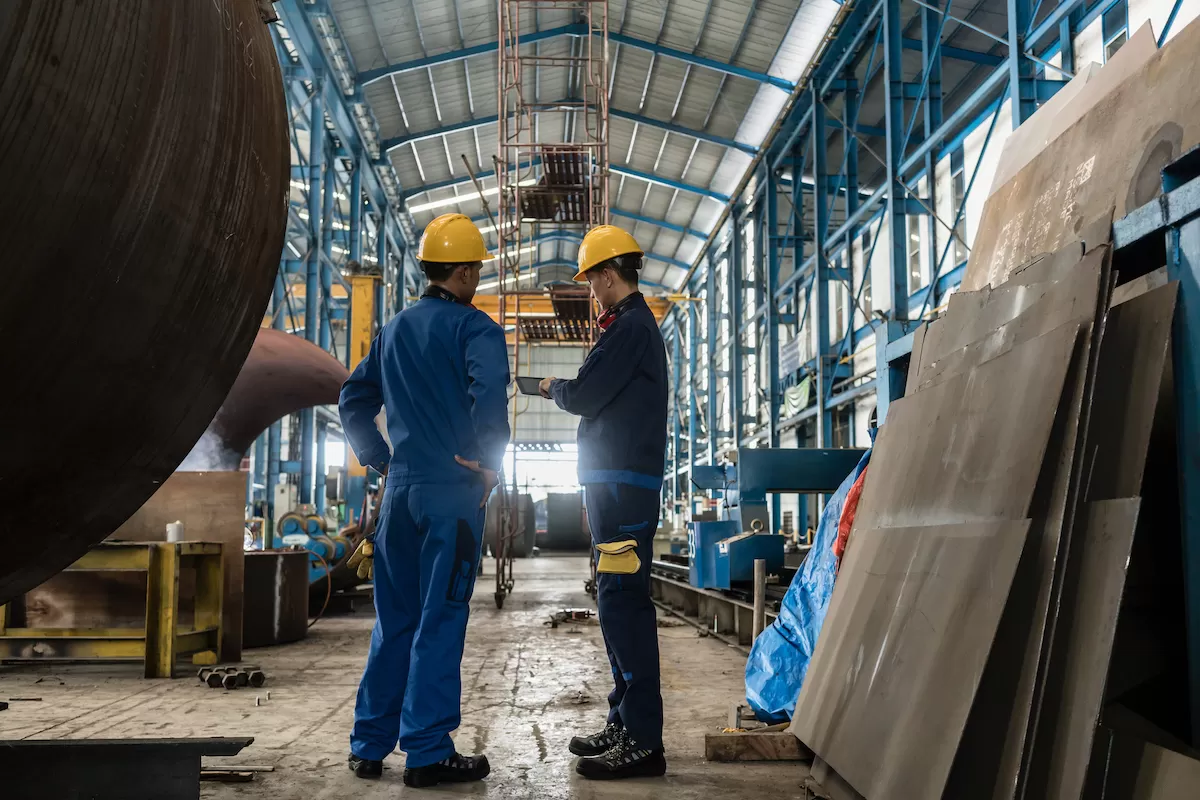
Metal fabrication comes with its share of challenges like warping, corrosion, material fatigue, and precision errors. These issues can impact the quality and durability of fabricated parts if not handled properly.
To tackle these problems, we use advanced materials and high-strength alloys that resist wear and corrosion. Precision CNC tools ensure tight tolerances and reduce errors, while protective coatings help extend the life of metal components.
At HYCNC, we combine cutting-edge CNC machining technology with smart automation to address these challenges head-on. Our skilled team selects the right materials and processes ensuring each part meets exact specifications and holds up under real-world conditions. This approach helps us deliver reliable, high-quality custom metal parts every time.
The Future of Metal Fabrication Technology
Metal fabrication is heading into a smart, connected future. Key trends like digital twins, AI, and IoT integration are changing how we design, build, and monitor metal parts. Digital twins let us create virtual replicas of machines or products, so we can predict issues before they happen. AI helps optimize processes for speed and precision, while IoT devices track real-time performance and maintenance needs.
Advanced materials are also making a big impact. New alloys and composites allow for stronger, lighter, and more durable parts, pushing the limits of what’s possible in aerospace, automotive, and construction.
The market for metal fabrication technology is growing fast, expected to hit $33.15 billion by 2032 in the U.S. alone. That means more innovation and smarter solutions to meet rising demand.
At HYCNC, we’re committed to staying ahead by leveraging cutting-edge CNC technology and automation. Our focus is on delivering precise, scalable, and efficient fabrication that keeps our clients competitive in this rapidly evolving industry.
Why Choose HYCNC for Metal Fabrication Needs
At HYCNC, we specialize in CNC metal fabrication with a focus on precision, scalability, and quick turnaround times. Our advanced CNC machining capabilities allow us to handle everything from simple sheet metal fabrication to complex custom metal parts, delivering consistent quality every time.
We know every industry has unique needs. That’s why we offer custom solutions tailored to your specific requirements, whether you’re in aerospace, automotive, construction, or any other sector needing industrial metal fabrication. Our client-focused approach means you get personalized support from start to finish.
Ready to bring your project to life? Contact HYCNC for a quote or consultation and experience top-tier CNC service designed for the U.S. market. We’re here to make your metal fabrication process smooth, efficient, and reliable.


